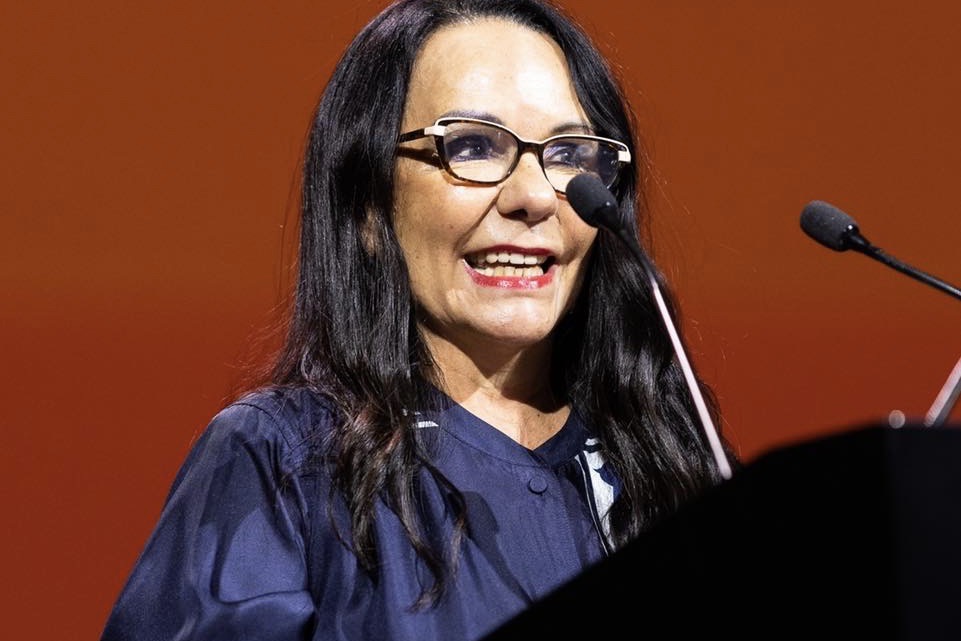
Minister Linda Burney fills the Voice’s in-tray, as the government battles to stop slide in the ‘yes’ vote, writes political columnist MICHELLE GRATTAN.
IN a change of government tactics, Linda Burney this week deployed a sheet anchor to tie the Voice to practical outcomes. At the same time, Opposition Leader Peter Dutton is weaponising the cost of living to flail it.
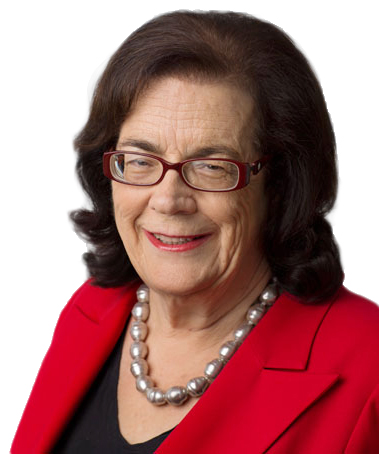
Their prime targets are “soft” voters – including those who are undecided, uncertain, sceptical, just tuning in.
Earlier, the government was putting much faith in “the vibe” to carry the Voice – a general appeal to righting the wrongs of the past and giving Indigenous people the opportunity to be heard. “Closing the gap” was part of the pitch but it was cast in general terms.
Now, with polling showing support for the Voice slipping, the government is desperate to arrest the slide. Probably its best chance of doing so is if it can convince people the Voice will bring tangible improvements on the ground for indigenous people.
With this in mind Burney, the minister for Indigenous Australians, on Wednesday gave the proposed Voice a work program.
“From day one, the Voice will have a full in-tray,” she told the National Press Club. “I will ask the Voice to consider four main priority areas: health, education, jobs and housing.”
This was a new slant on how the Voice will operate. Previously, the emphasis has been on it taking the initiative. Now Burney is dealing herself actively into its work. “Bringing the priorities of local communities to Canberra will be incredibly important,” she said, “so will be the requests government makes of the Voice.”
The new emphasis is also designed to reinforce the message the Voice would concentrate on core issues – it would not be running out of control or distracted.
The issues in the areas Burney nominated are massive. If the Voice were to live up to the government’s hype about helping to close the gap, it would have to give well-based advice on broad policies as well as feedback from local communities. It would require sufficient resources to provide the former, while how well it did the latter would depend on the calibre of its individual members, whose precise methods of selection are yet to be determined.
In her just-released Australian Quarterly essay, “Voice of Reason”, Megan Davis, co-chair of the Uluru Dialogue, writes: “The quality of representatives, whether elected or selected by community, is essential to its success. At the end of the day, the success of the Voice will rise and fall on the men and women who represent the voices of the community.”
Davis also warns the Voice must be “sharply focused and driven by community interests”, and not spread itself too thin.
The government is wise to recalibrate its messaging, but it does risk adding to the confusion and widening the scope for more questions about the Voice’s operations.
In the contest over the Voice, the government is relying on having time for the “yes” campaign to ramp up. But arguably, the long timeline may be working against the government and for the opposition leader. The government’s honeymoon is over, and the pressures many voters are under are worsening.
On Wednesday Dutton declared that, in the last year, “the prime minister’s obsession with the Voice means that he’s taken his eye off the ball when it comes to economic policy – and that’s why you’re paying more for your mortgage, it’s why you’re paying more for every element in your family and small business budget”.
Factually, this link is nonsense. But it may hit a few exposed nerves among voters.
Kos Samaras, from RedBridge consultancy group, says, on the basis of extensive focus-group research: “There’s growing resentment in some parts of Australia that this Voice issue seems to be on the minds of politicians in Canberra while these voters want action on their existential problems at a personal level – interest rates, rising rents, cost of living.”
Samaras (who formerly worked for the Labor Party) believes the cost-of-living crisis is a “punch in the guts” for the “yes” campaign.
Bearing in mind the referendum must win four states as well as a national majority, Samaras also warns that West Australians are “starting to develop a view this is an east coast thing”.
A survey in June by the ACM newspaper group of more than 10,000 (self-selecting) readers found only 38 per cent support for the Voice, and 55 per cent opposition (7 per cent undecided). More than seven in 10 people felt the government hadn’t done enough to explain the Voice to the community. The survey does not have the statistical rigour of a poll, but its base of 14 daily newspapers taps into major regional centres in NSW, Victoria and Tasmania (including Canberra, which is more progressive than elsewhere). So its finding is concerning for the “yes” case.
The Voice has backing from an impressive range of sporting, faith and community organisations, and strong support in the business sector, including from mining companies. Initially, this seemed a significant plus. But now there are doubts, with some fears ordinary people might react to what they see as “elites” telling them what to do.
Dutton has doubled down on his attacks on businesses that have endorsed and in some cases donated to the “yes” campaign. Homing in on Wesfarmers’ donation, he said: “I think the $2 million would be better off reducing prices in their supermarkets or reducing prices at Bunnings. When I go to Bunnings, I want to pay less for my goods, not more. […] Every time I hand over my credit card or cash at Bunnings, or at Coles, I don’t want part of that money going to an activist CEO.”
Whether Wesfarmers or similar firms donate to the Voice campaign is not going to make any difference to their prices. But that doesn’t mean the line won’t resonate with some voters.
Prime Minister Anthony Albanese has yet to announce the date for the referendum vote, continuing to repeat that it will be in the last quarter of the year. It’s a moot point whether the intensifying campaign will be to the advantage of the “yes” vote. Will the “soft voters” become increasingly irritated by anything that doesn’t relate to cost-of-living issues?
In retrospect, the referendum vote ideally should have been held earlier, even if the government had to face accusations of rushing it. Prospectively, the race is still there to be won by the “yes” case, but the government would also be wise to have a plan for handling the serious consequences of a loss.![]()
Michelle Grattan, Professorial Fellow, University of Canberra. This article is republished from The Conversation.
Who can be trusted?
In a world of spin and confusion, there’s never been a more important time to support independent journalism in Canberra.
If you trust our work online and want to enforce the power of independent voices, I invite you to make a small contribution.
Every dollar of support is invested back into our journalism to help keep citynews.com.au strong and free.
Thank you,
Ian Meikle, editor
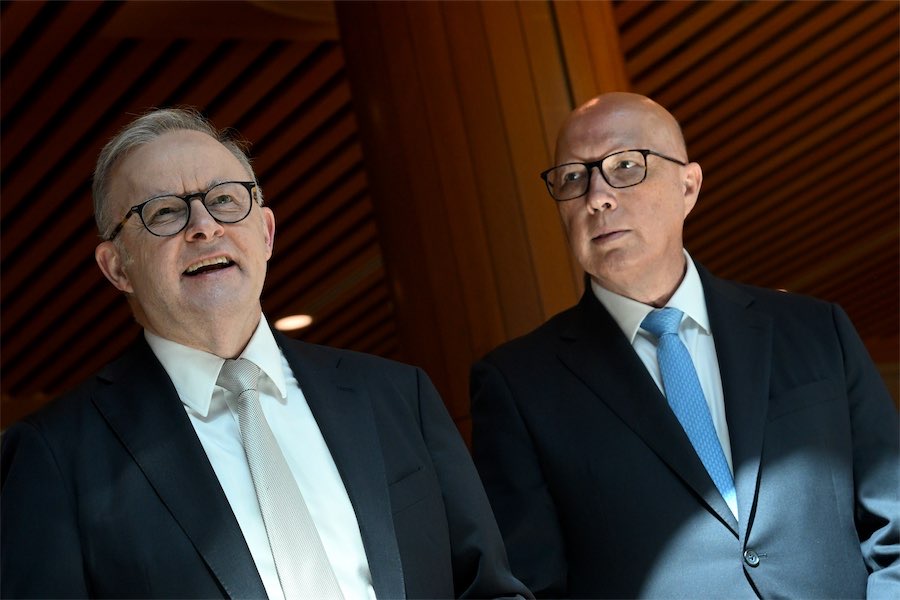
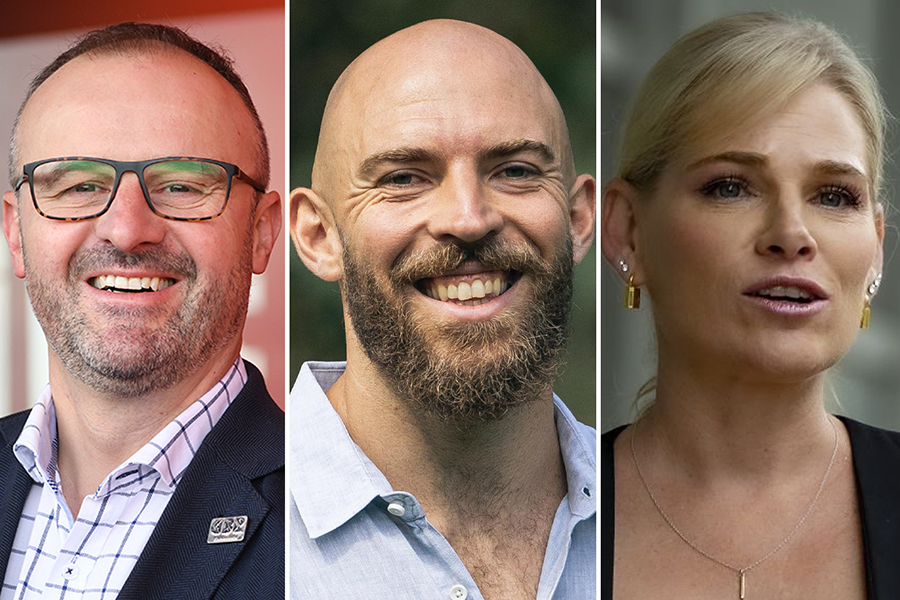
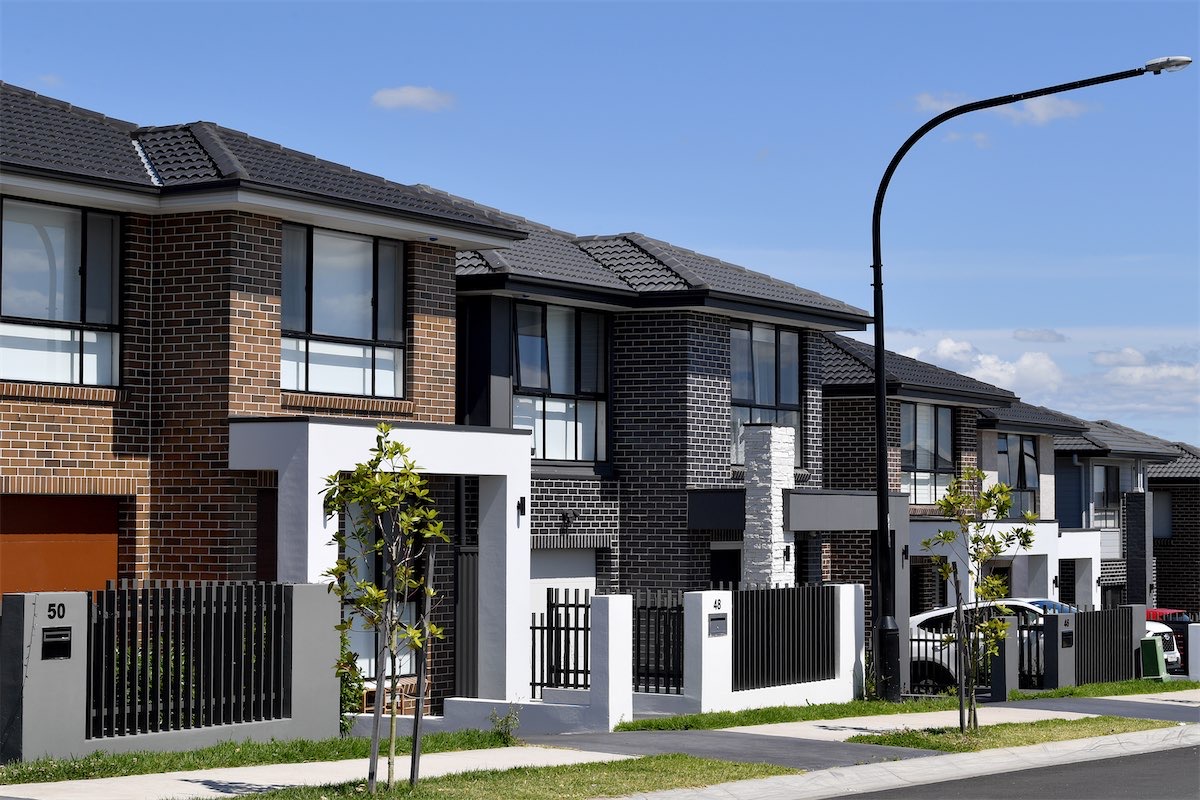

Leave a Reply